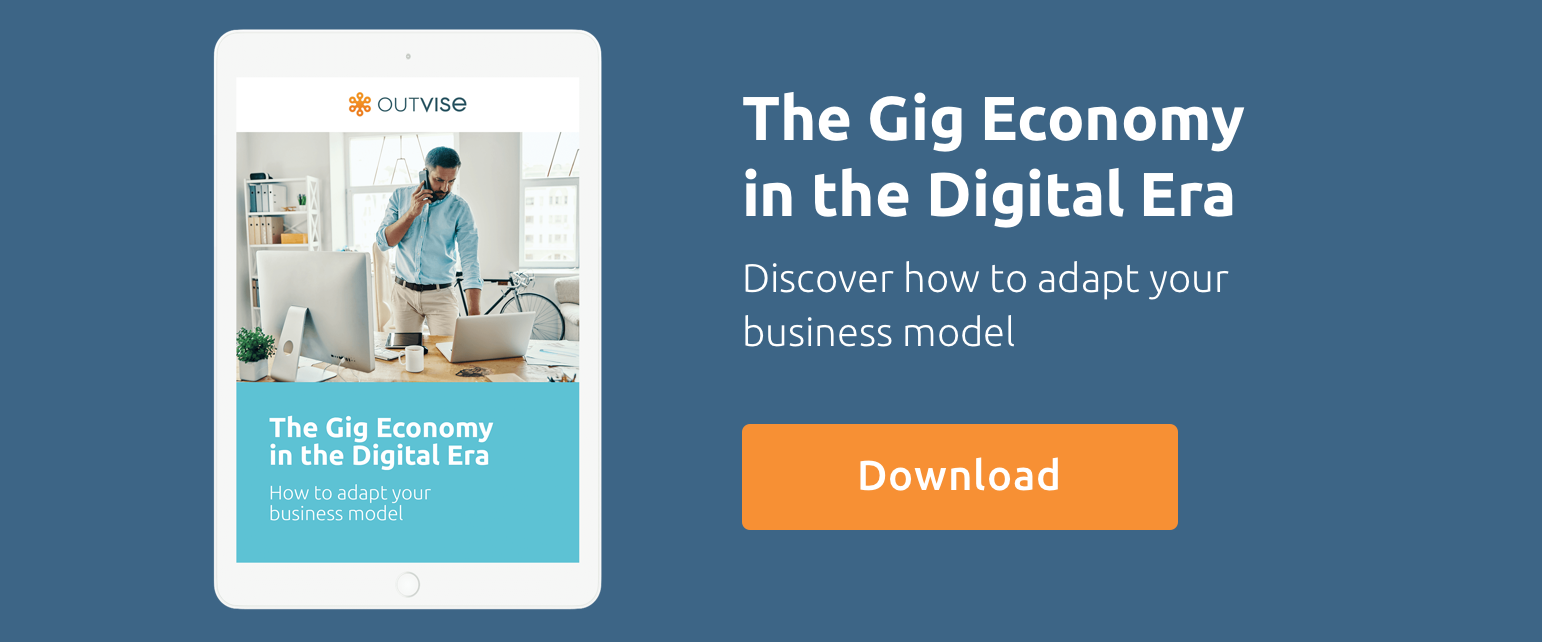Business and recruitment experts frequently discuss the concept of hard and soft skills, yet they rarely nail down their definition. In brief, hard skills are quantifiable abilities or technical skills appropriate to the position. For instance, a developer’s hard skills are programming languages and data structures. Generally, people can acquire these skills in classroom environments. In contrast, soft skills are natural abilities or personality traits. Certainly, candidates can develop these skills, but usually, they will be inherent qualities. For example, soft skills are communication or leadership.
Most roles require a combination of hard and soft skills – however, the proportions will depend on the nature of the role. Striking the perfect balance is challenging for both companies and candidates; nine times out of ten, you can’t have one without the other. As hard skills in the TMD sector become increasingly complex, the importance of effective soft skills grows. Below, we discuss which skill set is most relevant to specialist positions, and how contemporary recruitment strategies can help employers find a candidate with the perfect blend of hard and soft skills.
Table of Contents
The increasing importance of soft skills
In the TMD space, the complexity of hard skills is increasing. In the current environment, the average developer is required to be fluent in multiple programming languages and frameworks, database software and testing methods. However, in tandem with the increasing demand for advanced hard skills, employers require highly developed soft skills. As such, for specialist and management roles, the ideal candidate will have hybrid skills that combine soft skills and technical acumen – and in a technologically-focussed economy, these individuals are in high demand.
This is particularly the case as agile principles gain importance in the corporate sphere. To optimise company operations on a concrete level, staff need to adaptable and commutative; this means working collaboratively, demonstrating diplomacy, and fostering a mutually supportive environment – all combined with the sharp data analysis skills that facilitate rapid decision-making. Such positive working relationships nurture the creative and proactive outlook that is critical to agile practices. Moreover, the ability to listen and empathise translates externally, as such individuals are predisposed to customer-centric approaches.
However, the increasing demand for soft skills isn’t necessarily a new phenomenon. According to a study conducted by Harvard University in 2017, the demand highly developed communication and influencing skills has been on the up since the early 1980s. Today, this trend is continuing, with 57% of employers reporting a preference for soft skills over hard in a survey conducted by LinkedIn.
Sourcing candidates with the ideal balance of hard and soft skills
As the demands around hard and soft skills become increasingly complex, recruiters and employers face new challenges. For instance, how can employers identify talented specialists with the relevant hard skills and the appropriate soft skills? To use a concrete example, how can employers be sure a talented developer has the communication skills to explain their methodology? Equally, candidates need to re-configure their resumes and portfolios to emphasize their hybrid capabilities.
Subsequently, both parties need to explore more creative ways to identify skills and opportunities for collaboration. However, the difficulty of finding the perfect blend of hard and soft skills is exacerbated by the increasing need for employers to use agile recruitment strategies. Considering the speed of change and development, particularly in the TMD sector, businesses need reliable candidates they can onboard fast – so lengthy interview and referencing processes are becoming untenable.
Previously, companies would have relied on recruitment agencies to source exceptional individuals. However, the need to agility and economy mean this approach is becoming outmoded. This is why online talent platforms are becoming favoured by employers and candidates alike. Platforms like Outvise offer a curated selection of industry experts, sourced and certified by Outvise Scouts. Such platforms provide employers with all the relevant information about candidates, saving a substantial amount of time and resources for employers, while showcasing talent at its best.
New methods to meet new demands
Today, employers require a nuanced blend of hard and soft skills. As the technical requirements of roles become increasingly complex, the need for soft skills is further emphasised – sometimes more so than technical ability. Therefore, recruitment drives need to be extremely thorough. However, agile projects require agile recruitment strategies, and often, companies need to be as time and resource-efficient as possible. Therefore, employers are increasingly turning to online talent platforms.
Here, high value certified candidates can showcase their skills, streamlining hiring processes without compromising on quality. Often, these high-end resources use a team of scouts that curate a selection of candidates for a given role or environment. Through asking relevant questions or presenting use cases, these platforms can help reduce slack time associated with recruitment drives.This agile approach to recruitment allows businesses to source candidates with the perfect blend of hard and soft skills. These platforms mitigate the need for lengthy reference or interview processes, as the platform takes care of this stage. With platforms like Outvise, employers can hire with confidence – and talented candidates can clearly demonstrate their value.
Alex Collart, CFO & Co-founder at Outvise. Serial entrepreneur and management consultant, with a focus on strategy and marketing. Has co-founded and exited several companies. Former McKinsey&Co associate. Industrial Engineer + MBA (IESE/Kellogg).






No comments yet
There are no comments on this post yet.